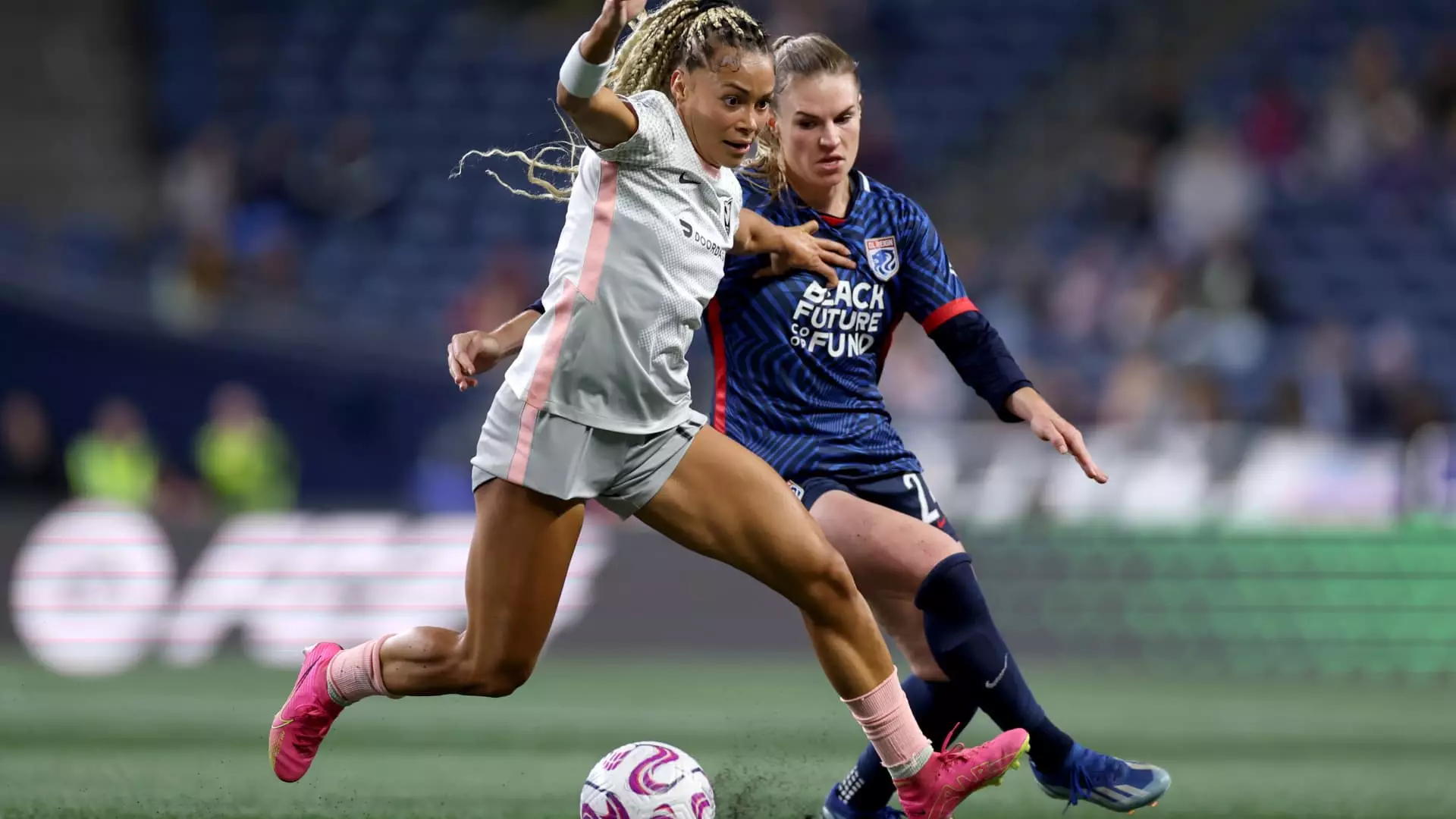Women’s soccer is undergoing a significant shift in ownership dynamics, as private equity investors are taking a more active role in the National Women’s Soccer League (NWSL). Unlike other major U.S. sports leagues, such as Major League Soccer and the National Basketball Association, which have only permitted passive, minority stakes for private equity investors, the NWSL is allowing these firms to take majority control of the economics. This shift is seen as a way to infuse additional capital into the league and its assets.
One notable example of this trend is Sixth Street’s acquisition of the San Francisco women’s team, Bay FC, for a record $54 million. This marked the first instance of a private equity firm owning a team in the NWSL. Following this landmark deal, Carlyle recently partnered with the Seattle Sounders FC to purchase the Reign FC for $58 million, showcasing the growing interest and valuation of women’s soccer franchises in the league. The attendance at NWSL games has also seen a significant increase, signaling a positive momentum in the sport.
Deloitte projects that women’s elite sports revenue is on track to surpass the billion-dollar mark for the first time, with soccer accounting for approximately half of that figure. While women’s sports revenue traditionally relied more on merchandising, ticket sales, partnerships, and sponsorships, the NWSL secured a groundbreaking $240 million, four-year media deal in November, highlighting the potential for significant growth in broadcasting rights revenue for the league. This increase in revenue has attracted private equity managers, including Carlyle, who view the growth potential as a bullish thesis for investments in women’s soccer.
Despite the rising interest from private equity firms, the NWSL is treading carefully with institutional capital ownership. Commissioner Jessica Berman emphasized the importance of balancing the influx of institutional capital with maintaining the stewardship of teams in local markets. Other major sports leagues, such as the NBA, MLB, NHL, and MLS, have limits on private equity ownership, with the NFL also exploring potential changes in ownership regulations. The evolving landscape of private equity investment in women’s soccer requires careful consideration to ensure sustainable growth and development for the league.
As valuations of women’s sports franchises continue to increase, private equity interest in the sport is expected to persist. The potential acquisition of Angel City FC by Disney CEO Bob Iger and his wife at a valuation of $250 million would set a new record for women’s sports franchises. The NWSL’s experience with private equity ownership will likely serve as a model for other leagues exploring similar investment opportunities. While there are challenges and uncertainties associated with institutional capital in sports, the overall outlook for private equity investment in women’s soccer remains optimistic as the league continues to grow and attract new fans and investors.

